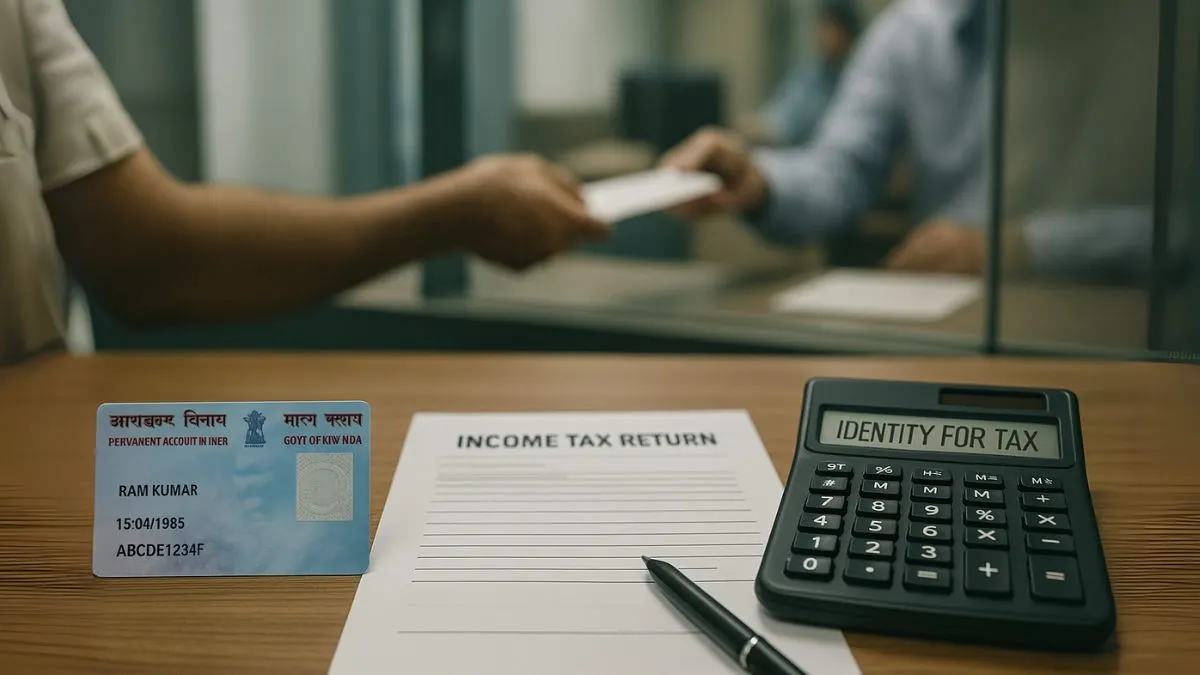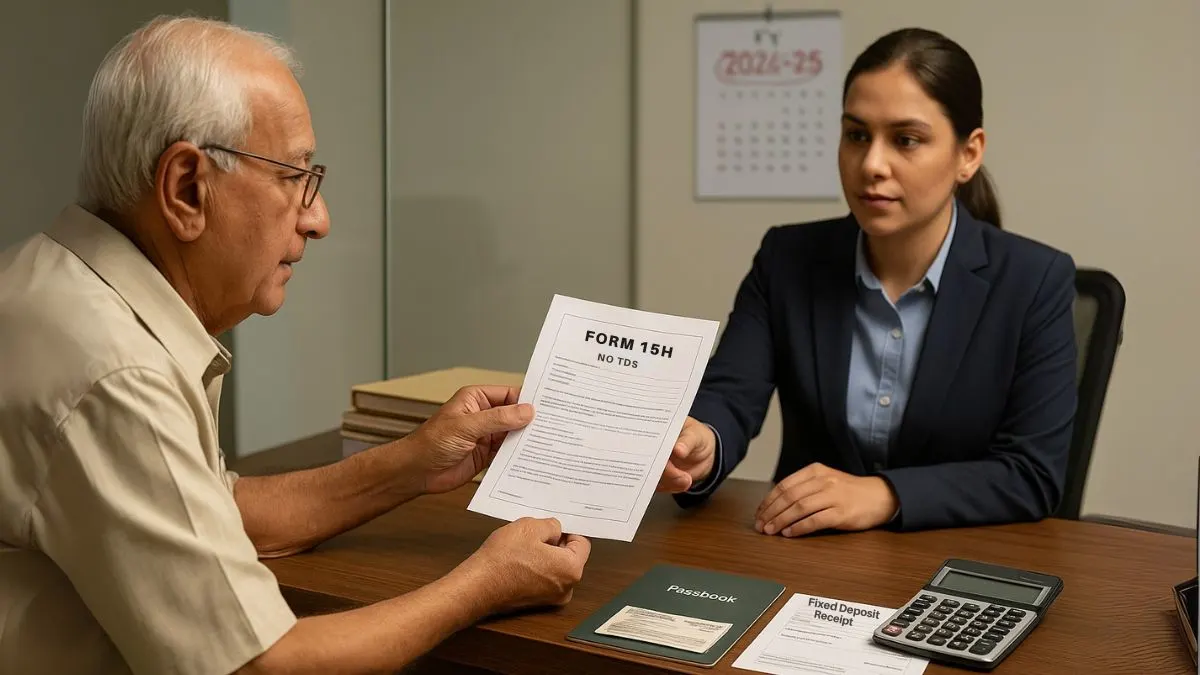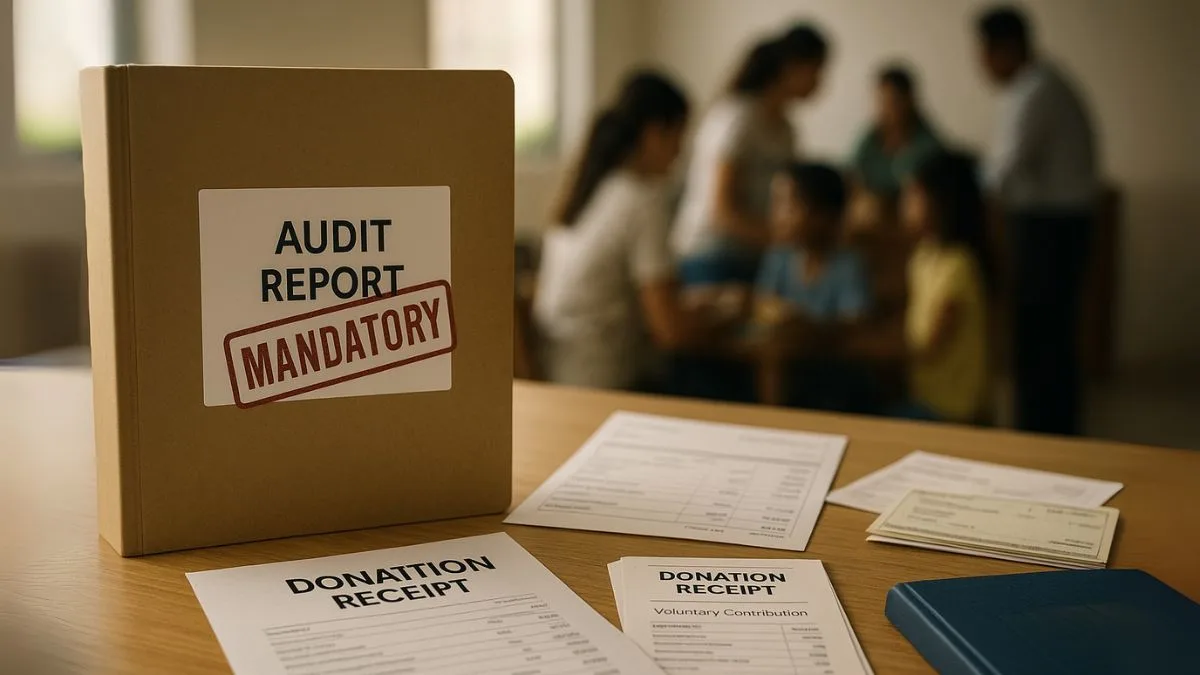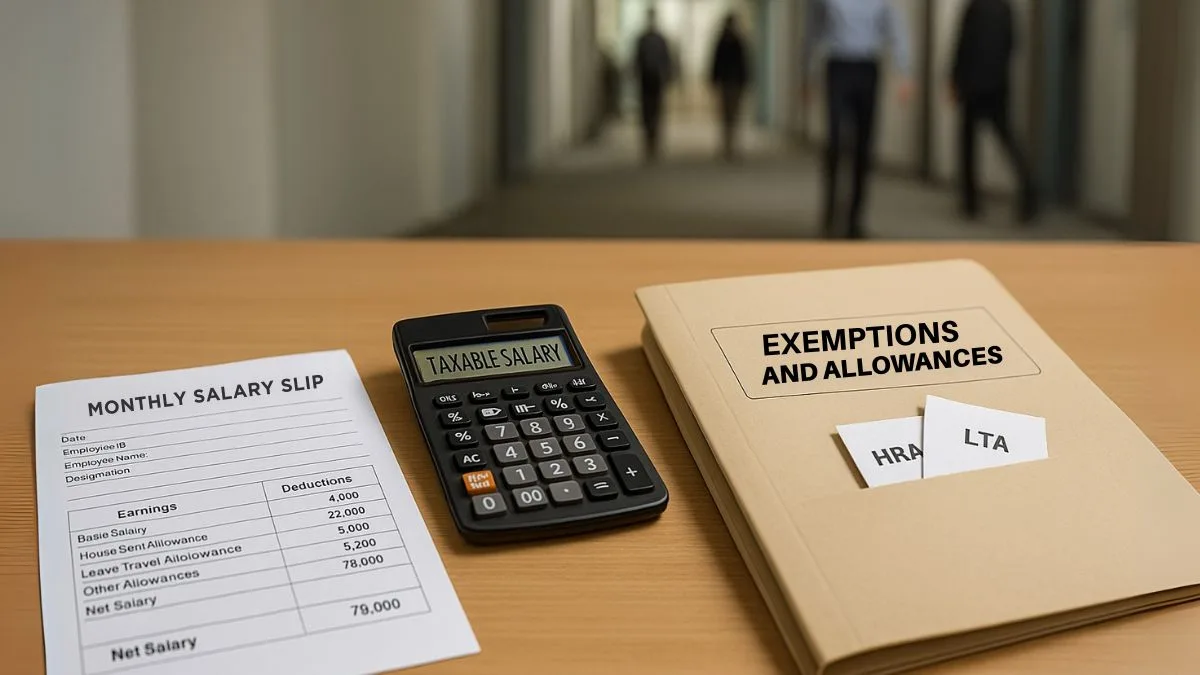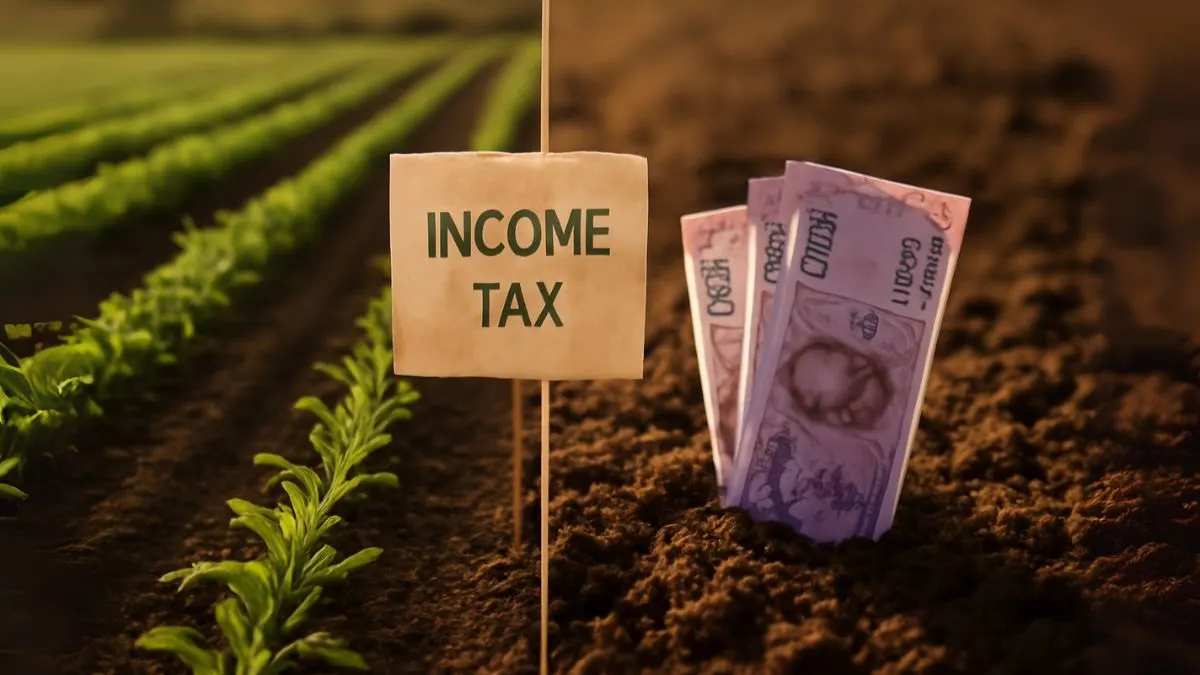
The Secret Behind the “Suhana Khan is a Farmer” Meme
Yes, you read that right—Suhana Khan, the daughter of Bollywood superstar Shah Rukh Khan, holds the status of a farmer. And no, she’s not the only one.
In India, being classified as a farmer isn’t just about sowing seeds—it’s one of the cleanest ways to turn black money into white. The agricultural income tax exemption loophole has become a widely-used tool for tax avoidance among India’s elite, industrialists, and even celebrities.
The Agricultural Income Loophole – A Goldmine for Tax-Free Wealth
Here’s how the agricultural income tax exemption works in India:
- 100% Tax Exemption:
As per Section 10(1) of the Income Tax Act, income derived from agricultural activities is completely exempt from tax. - No Capital Gains Tax on Sale of Agricultural Land:
If the land is situated in a rural area as defined under income tax rules, no capital gains tax is applicable on its sale. - No GST on Sale or Produce:
Agricultural produce & land dealings are largely outside the ambit of GST."
How the Loophole is Misused
Here’s a real-world example of how agricultural income becomes a vehicle for tax evasion:
- A wealthy person buys land worth ₹10 crore.
- But on paper, it's registered for ₹2 crore. The remaining ₹8 crore is paid in cash—undisclosed black money.
- Every year, they show a fixed tax-free agricultural income—say ₹50 lakh.
- Eventually, the land is sold at a premium. But since it’s "agricultural land", there’s no capital gains tax.
The result?
Black money goes in, tax-free white money comes out.
This process is masked under the umbrella of "legitimate farming", but in reality, many of these lands are never cultivated.
Also Read: PAN Misused? Here’s How to Catch Hidden Loans on Your Name
Real Case: Satellite Images Tell a Different Story
In a recent crackdown in Hyderabad, the Income Tax Department noticed a pattern—many HNIs (high net-worth individuals) were claiming annual agricultural income exceeding ₹50 lakh.
But when the authorities checked satellite imagery, they found that the land was completely barren—no signs of cultivation, irrigation, or harvest.
This exposes the extent to which the agricultural income tax loophole is misused. In contrast, an average salaried taxpayer goes through the grind of collecting rent receipts, LIC proofs, & Form 16s just to save ₹10,000 in taxes.
Why Are People Not Caught?
This scheme works so well because:
- Agricultural income is outside the scope of tax audits.
- There is no mandatory scrutiny unless triggered by large mismatches.
- Agricultural income is self-declared with limited third-party validation.
- Sale of rural agricultural land is not treated as a capital asset—so no long-term capital gains (LTCG) apply."
The Double Standard – Farmers vs. Salaried Class
While this system benefits the rich, the salaried class is burdened with:
- High TDS (Tax Deducted at Source)
- No room for cash transactions
- Detailed e-filing of income tax returns
- Endless documentation to claim deductions under Section 80C, 80D, 80TTA, etc.
And yet, only 7-8% of Indians actually pay income tax, while a small group claims crores in tax-free agricultural income without proof of farming.
The Solution? Tech and Transparency
To plug the misuse of agriculture income as tax-free, the following reforms are needed:
- Mandatory geo-tagging of cultivated land
- Linking crop production records with income declared
- Limiting agricultural exemption based on actual size and yield
- Strict scrutiny using AI & satellite imagery
- Mandatory PAN-Aadhaar linkage for land transactions
Can You Claim Agricultural Income as Tax-Free?
Yes, but only if you meet all of the following conditions:
- The land is classified as agricultural under state laws.
- The income is derived from actual farming activities (sowing, growing, harvesting).
- You maintain basic documentation like land records, water usage bills, and crop invoices.
- The land is not part of urban development zones or converted for commercial use.
Also Read: The Sole Investment Strategy that Buffett Endorses
Is This Legal?
Technically yes, but ethically questionable. When loopholes like this go unchecked, it puts an unfair burden on honest taxpayers & reduces faith in the taxation system.
If you're a salaried employee collecting bills to save ₹10,000 in tax—and someone else is claiming ₹50 lakh as tax-free agricultural income without sowing a seed—you can clearly see how broken the system is.
But now that you're aware, it's up to you to speak up, share, & push for reform.



